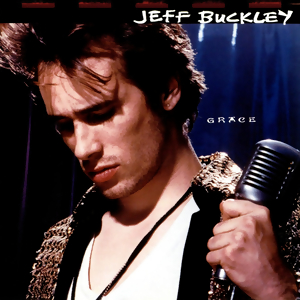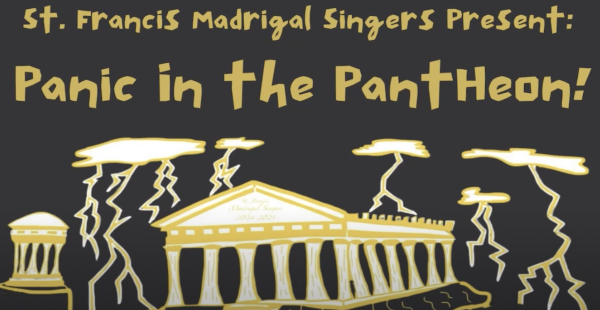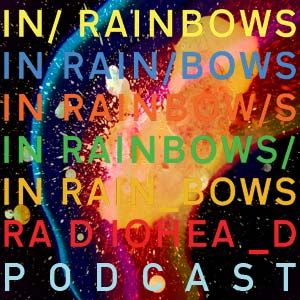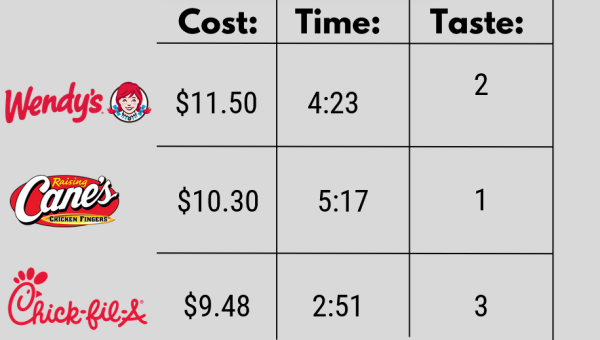Jeff Buckley’s album Grace is a 90s gem
Samual Asid reviews a classic

Thom Yorke, Radiohead’s frontman, is said to have been inspired by Late American Singer-Songwriter Jeff Buckley. After seeing Buckley live, Thom Yorke went back into the studio and, inspired by Jeff Buckley’s powerful falsetto, belted out the final take of their song “Fake Plastic Trees.” Being a Radiohead fan, this put Jeff Buckley on the radar for me. His name would only really cross my mind when I’d listen to his hit cover of Leonard Cohen’s “Hallelujah”, and sadly due to a tragic death at 30, his output was limited to one album, Grace. Released on August 23rd, 1974, Grace was a poorly received and little sold debut, but later on would become one of the most acclaimed albums of the 90’s and throughout music history, coming in at #147 on Rolling Stone 500 Greatest Albums Of All Time. My interest peaked and I gave it a listen.
The album mixes themes of broken relationships and heartbreak with morbid and religious themes. The opener “Mojo Pin” tells the unhealthy longing for an abusive relationship in a track that prepares the listener for the many different sounds on the album, showcasing the heavenly highs and desolate lows. Of course the relative emotional “highs” on the album are drowning in bittersweetness, like “Last Goodbye” and the title track “Grace”. Grace’s chorus is incredibly mesmerizing with the hushed but powerful repetition of the line “Wait in the fire”. With “Last Goodbye”, the string arrangements invoke a heavy emotional weight in the listener. However, the soaring highs are accompanied by some plodding tracks like the cover of “Lilac Wine” and “So Real”, two songs that never really reach a satisfying climax.
Surprisingly, the biggest song off the album “Hallelujah” is a track where it feels like Buckley is limiting himself by neglecting a lot of the lush instrumentation from the first three tracks, instead opting for just a woozy guitar accompanying his vocals. His vocals are Grace‘s prized jewel. Not afraid to hit the highest of notes, his vocals are full of emotion that really shake listeners to their core.
But the stream of less-than-stellar songs is followed by my favorite song off the album, “Lover, You Should’ve Come Over”. This song shines as a pure encapsulation of regret told through a heartbreaking ballad. In contrast to “Mojo Pin”, this song is a longing for a truly special relationship squandered by bad decisions. It’s a phenomenal way to start the second half of the record and is the song that made me give Grace a listen .
After the interlude, “Corpus Christi Carol”, the album takes a shift in tone with “Eternal Life”. A rebellious, almost grunge-like song where Jeff Buckley really lets loose. Eternal Life is brash, where the next song, “Dream Brother”, is much colder in its subtlety. The sparse percussion is incredibly eerie and the lead into the chorus is really powerful. “Dream Brother” was originally the final track on the original release, but later releases ended with “Forget Her”. A pure breakup song, but the song shines in its simplicity and brings the album to a satisfying conclusion.
Grace, despite some slow moments, is an amazing listen. The album tells of the breakdown of a relationship told through an almost biblical magnitude. As Jeff Buckley’s one and only album, Grace defines a life and career tragically cut short, but rejects the idea of “What could have been?”, solidifying itself as the classic it has been hailed for by critics and fans alike.










